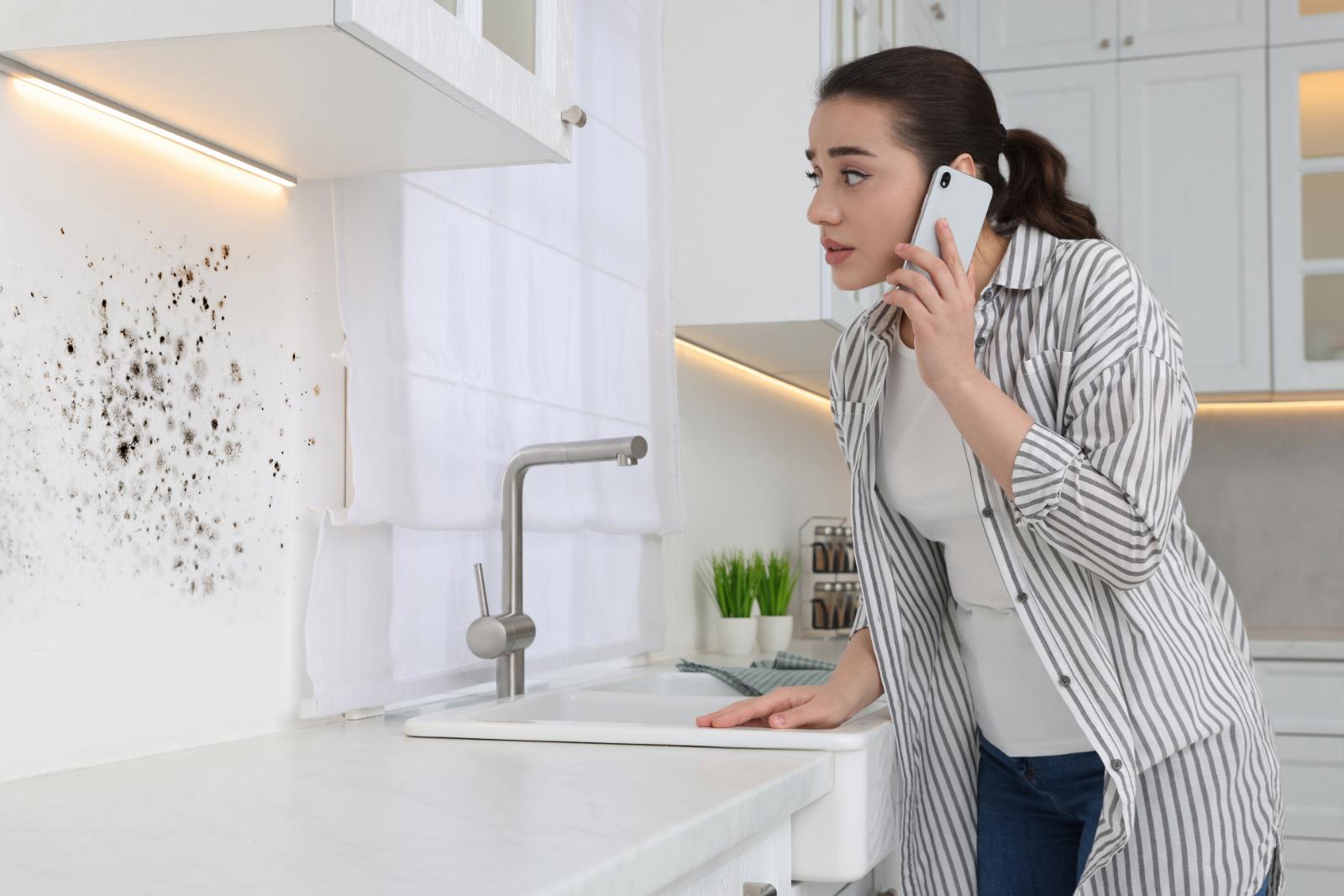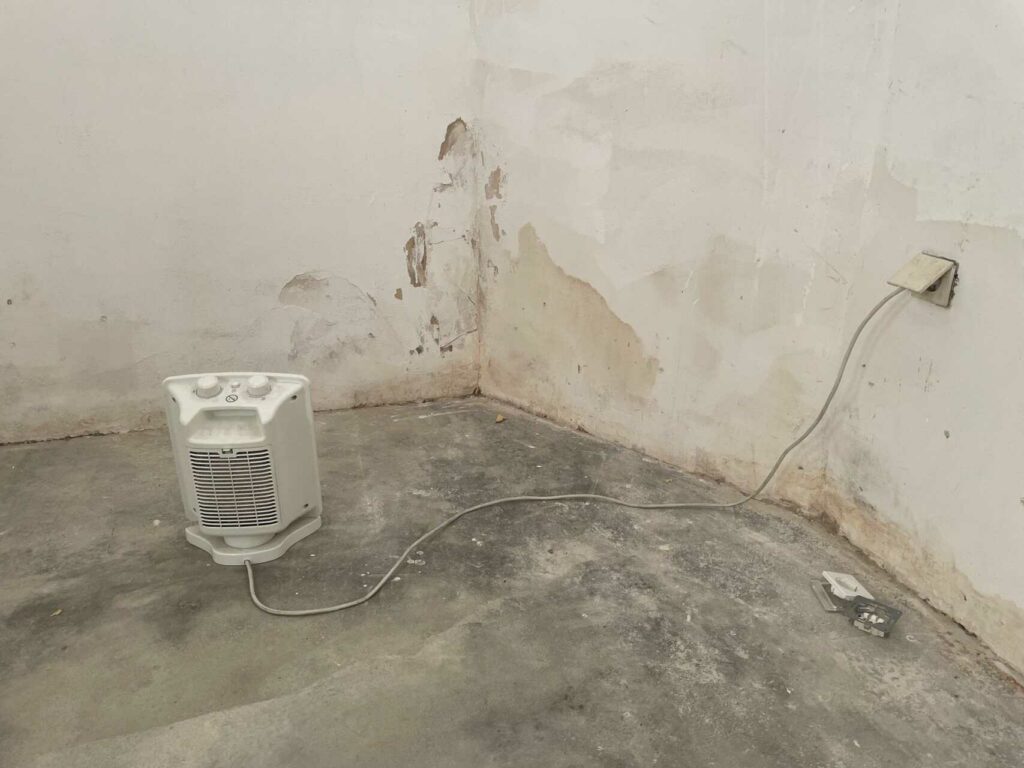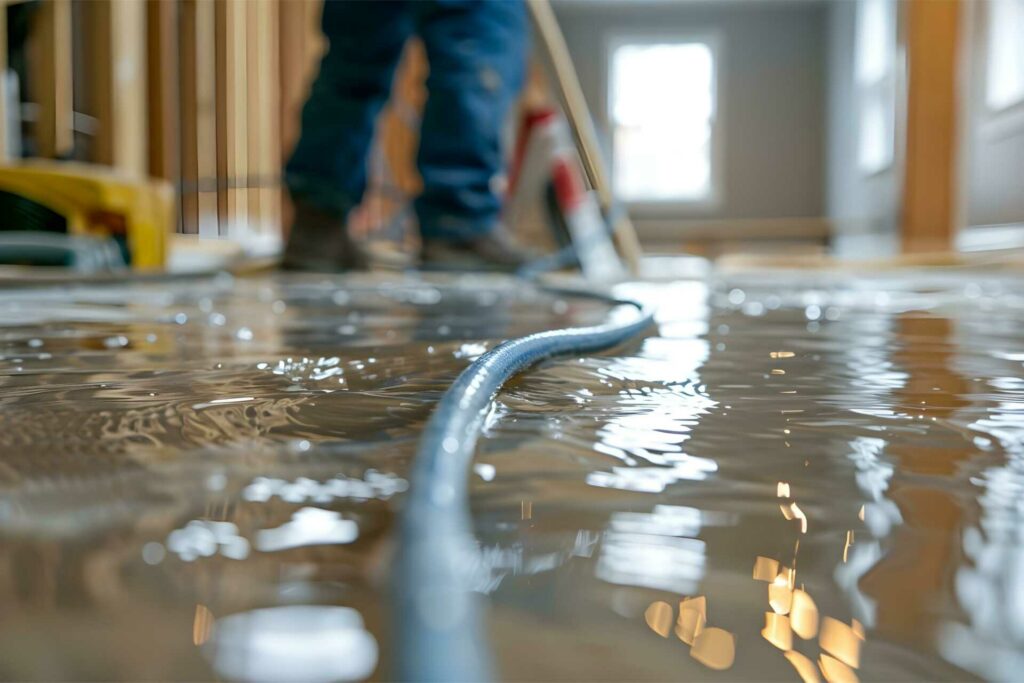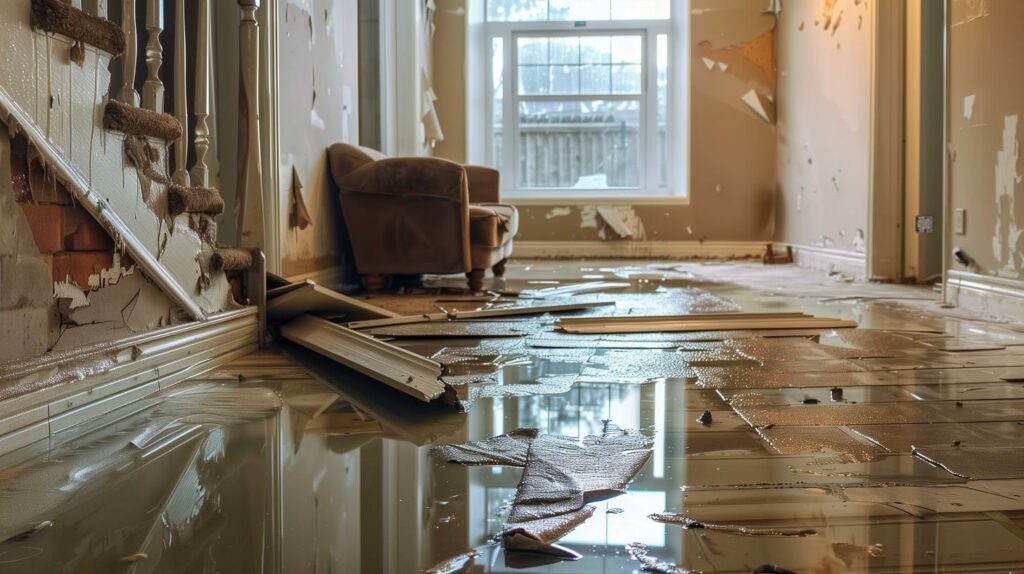Contents
When searching for the best local mold cleanup services, ensuring immediate action is key to safeguarding your property and health. Prioritizing certified professionals with the right expertise is essential for effective mold removal. Understanding the intricate process of mold cleanup and post-treatment air quality assessments are fundamental steps. However, the real challenge lies in maintaining a mold-free environment in the long run. So, how can you ensure ongoing prevention and a healthy indoor space?
Key Takeaways
- Choose certified professionals with IICRC or NORMI credentials for effective mold cleanup.
- Ensure thorough inspection to identify the extent of mold contamination.
- Use specialized equipment for accurate moisture and air quality assessment.
- Implement proper containment measures to prevent mold spores from spreading.
- Regularly assess air quality post-cleanup to maintain a safe indoor environment.
Importance of Immediate Mold Removal
Immediate mold removal is vital to effectively prevent further damage and potential health risks. Mold can spread quickly, releasing spores that may cause respiratory issues, allergies, or other health problems. Fast response is pivotal in containing mold growth and minimizing its impact on your health and property.
When mold is left untreated, it can penetrate surfaces and materials, making removal more challenging and costly. The longer mold is allowed to thrive, the greater the risk of structural damage to your home. Additionally, exposure to mold spores can exacerbate existing respiratory conditions or lead to new health issues.
Choosing Certified Mold Cleanup Professionals
Certified mold cleanup professionals possess the expertise and training necessary to effectively address mold contamination in your property. When choosing certified professionals, ensure they have the proper certifications and licenses, such as those from the Institute of Inspection Cleaning and Restoration Certification (IICRC) or the National Organization of Remediators and Mold Inspectors (NORMI). These certifications indicate that the professionals have undergone specific training in mold remediation and follow industry standards.
One key advantage of hiring certified professionals is their ability to conduct a thorough inspection of your property. They can identify the extent of the mold contamination, locate hidden mold growth, and determine the best course of action for remediation. Certified professionals use specialized equipment to assess moisture levels, air quality, and the presence of mold spores. This all-encompassing approach ensures that all mold issues are properly addressed, reducing the risk of future mold growth and potential health hazards for you and your family.
Understanding the Mold Cleanup Process
When addressing mold contamination in your property, understanding the mold cleanup process is essential for effectively resolving the issue and preventing future growth. Here are some key points to keep in mind:
Mold Inspection: Begin with a thorough mold inspection to identify the extent of the contamination and the type of mold present.
Containment: Implement proper containment measures to prevent the spread of mold spores to unaffected areas.
Remediation Techniques: Use appropriate remediation techniques such as scrubbing, HEPA vacuuming, and drying to remove mold and prevent regrowth.
Disposal: Properly dispose of contaminated materials following industry guidelines to avoid further contamination.
Prevention Techniques: Implement prevention techniques like controlling humidity levels, fixing leaks promptly, and improving ventilation to prevent future mold growth.
Understanding these aspects of the mold cleanup process can help you tackle mold issues effectively and create a healthier indoor environment.
Assessing Post-Cleanup Air Quality
After completing the mold cleanup process, it’s essential to evaluate the air quality to confirm that the indoor environment is safe and free from any remaining mold spores. Post-cleanup air quality assessment is vital to ensure the health and well-being of everyone in the space.
Mold spores can have adverse effects on health, including respiratory issues, allergic reactions, and other serious health risks. To assess the air quality effectively, consider hiring a professional mold inspector who can conduct tests to determine if any mold spores are still present in the air. These tests may include air sampling and surface testing to identify any lingering mold contamination.
Address any remaining mold promptly to prevent health risks and maintain a safe indoor environment. Regular air quality assessments can help monitor and ensure that the space remains mold-free, promoting a healthy living or working environment for all inhabitants.
Maintaining a Mold-Free Environment
To maintain a mold-free environment, consistent monitoring and preventive measures are crucial. Mold thrives in damp environments, so preventing moisture build-up is essential. Regular property inspections can help catch any early signs of mold growth before it becomes a larger issue.
Here are some tips to help you maintain a mold-free environment:
- Control Indoor Humidity: Keep indoor humidity levels below 60% to discourage mold growth.
- Proper Ventilation: Ensure areas prone to moisture, like bathrooms and kitchens, are well-ventilated to reduce humidity.
- Promptly Fix Leaks: Repair any leaks in pipes, roofs, or windows to prevent water accumulation.
- Use Dehumidifiers: In areas with high humidity, using dehumidifiers can help reduce moisture levels.
- Clean and Dry Wet Areas: Immediately clean and dry any areas affected by water to prevent mold from developing.
Wrap-Up
Ensuring prompt mold removal is essential for preventing further damage and health risks. Like weeds in a garden, mold can quickly spread if left unchecked.
You can effectively combat mold contamination by choosing certified professionals, understanding the cleanup process, testing air quality post-cleanup, and maintaining a mold-free environment.
Remember, like tending to a garden, consistent monitoring and preventive measures are key to keeping your space healthy and safe.




